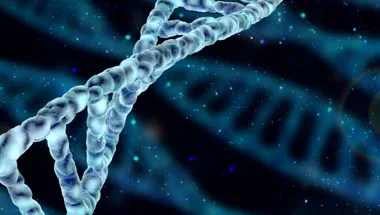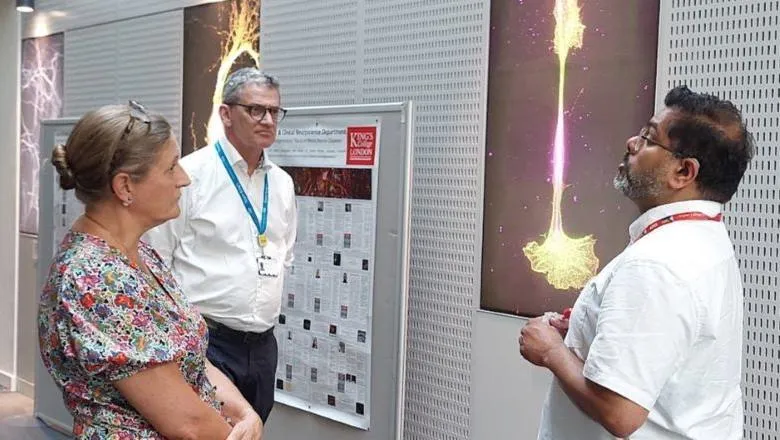
Dr Sarah Mizielinska PhD
Senior Lecturer
Research interests
- Neuroscience
Contact details
Biography
My research group investigates how dysfunctional transport between the nucleus and cytoplasm (nucleocytoplasmic transport) can initiate neurodegeneration in frontotemporal dementia (FTD) and amyotrophic lateral sclerosis (ALS). We are particularly interested in the most common genetic mutation in these diseases – C9orf72, and the most common protein found in aggregates in these diseases (and across many dementias) TDP-43. We investigate this using quantitative microscopy techniques, developing novel super-resolution methodologies for monitoring single molecule nucleocytoplasmic transport and assessing the phase transitioning properties of the nuclear pore. Much of this work is associated with my role as a Programme Leader at the UK Dementia Research Institute and I also participate in undergraduate/postgraduate teaching and co-lead a module in an online distance learning MSc.
Please see my Research Staff Profile for more detail
Find out more about my research:
Key publications:
- Mizielinska et al., 2017. Bidirectional nucleolar dysfunction in C9orf72 frontotemporal lobar degeneration. Acta Neuropathalogica Communications.
- Clayton et al., 2015. Frontotemporal dementia caused by CHMP2B mutation is characterised by neuronal lysosomal storage pathology. Acta Neuropathologica.
- Mizielinska et al., 2014. C9orf72 repeat expansions cause neurodegeneration in Drosophila through arginine-rich proteins. Science.
- Mizielinska et al., 2013. C9orf72 frontotemporal lobar degeneration is characterised by frequent neuronal sense and antisense RNA foci. Acta Neuropathalogica.
- Fratta et al., 2012. C9orf72 hexanucleotide repeat associated with amyotrophic lateral sclerosis and frontotemporal dementia forms RNA G-quadruplexes. Scientific Reports.
Key collaborators:
- Dr Marc-David Ruepp, King's College London
- Prof Adrian Isaacs, University College London
- Prof Chris Shaw, King's College London
- Prof Annalisa Pastore, King's College London
Research

RNA Biology
RNA is at the forefront of biomedical research for its central role in how information is transferred from DNA to protein. This Research Interest Group is open to all interested parties from across the University.
News
King's College Hospital Chief Officers Visit Maurice Wohl Clinical Neuroscience Institute
Professor Clive Kay and Dr Leonie Penna met with School of Neuroscience researchers to learn about clinical and academic partnerships.

Research

RNA Biology
RNA is at the forefront of biomedical research for its central role in how information is transferred from DNA to protein. This Research Interest Group is open to all interested parties from across the University.
News
King's College Hospital Chief Officers Visit Maurice Wohl Clinical Neuroscience Institute
Professor Clive Kay and Dr Leonie Penna met with School of Neuroscience researchers to learn about clinical and academic partnerships.

